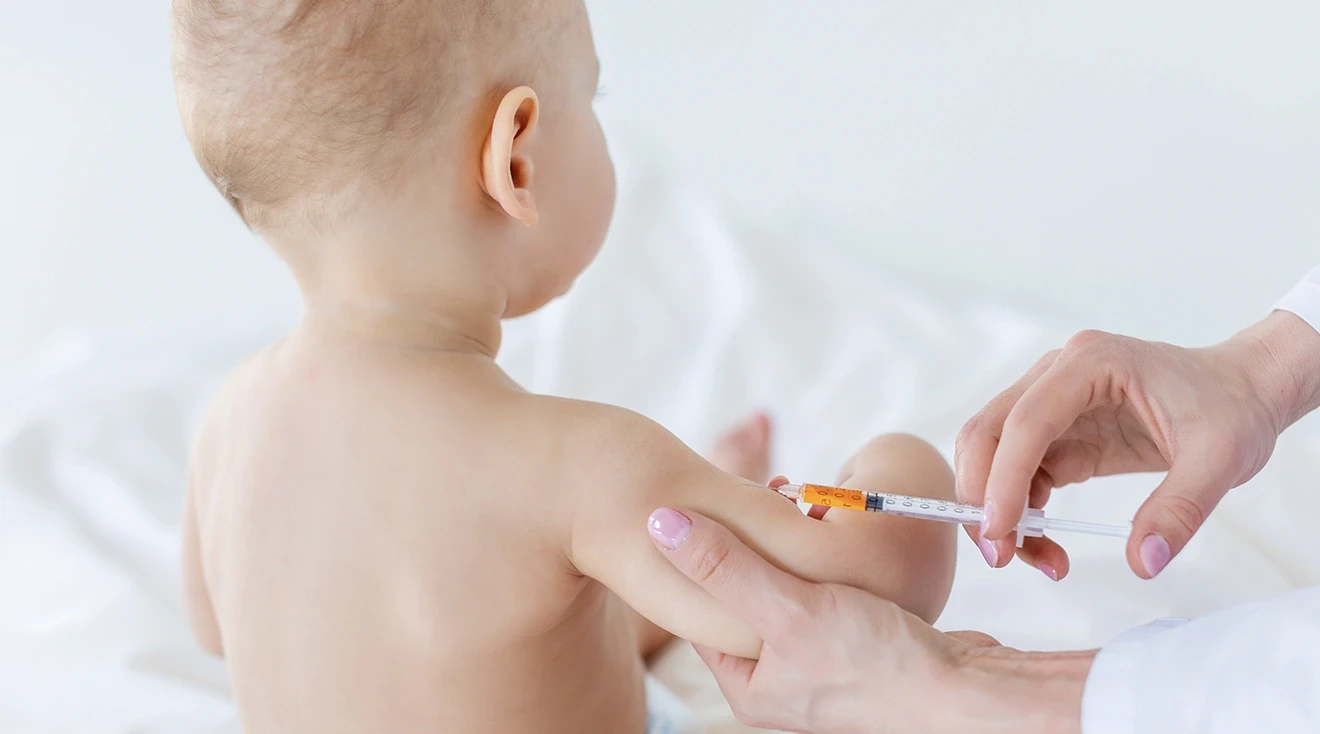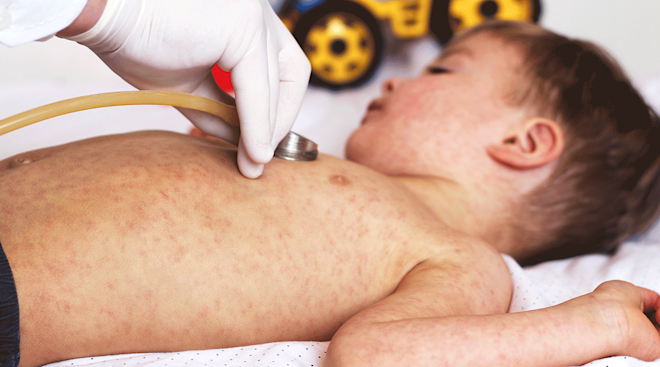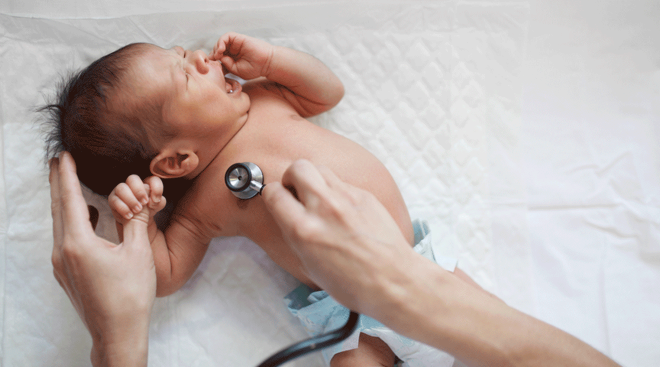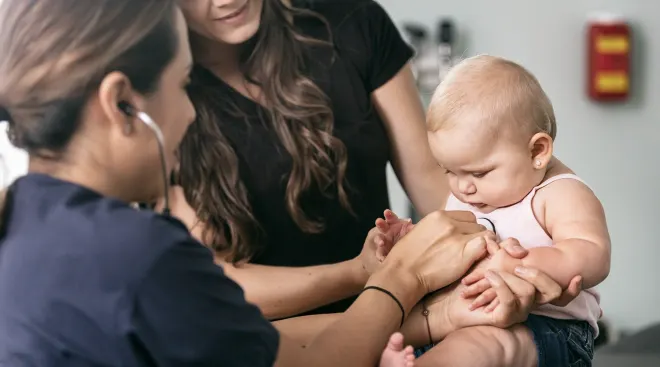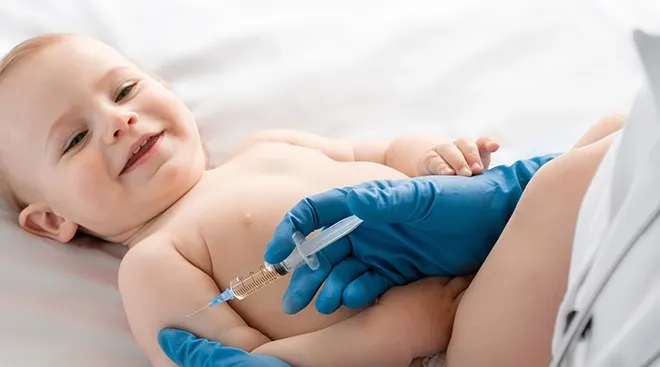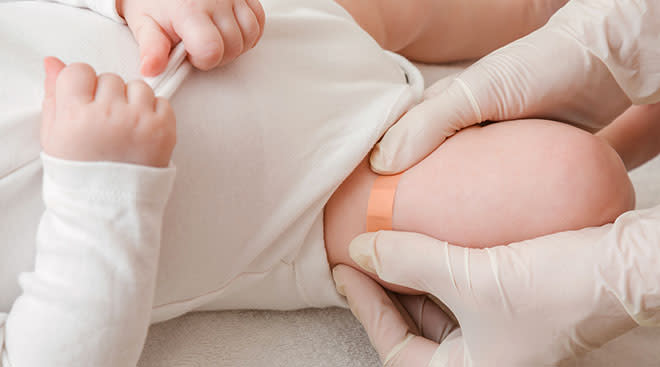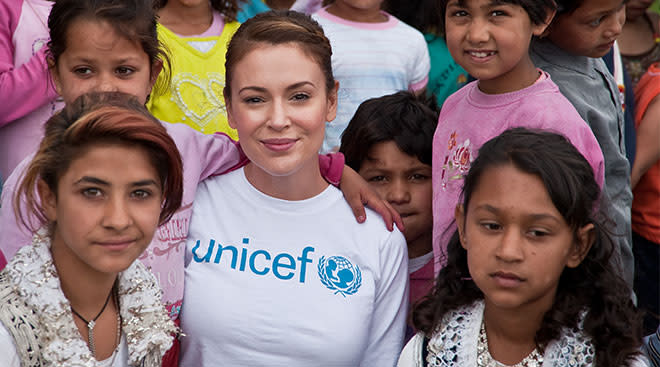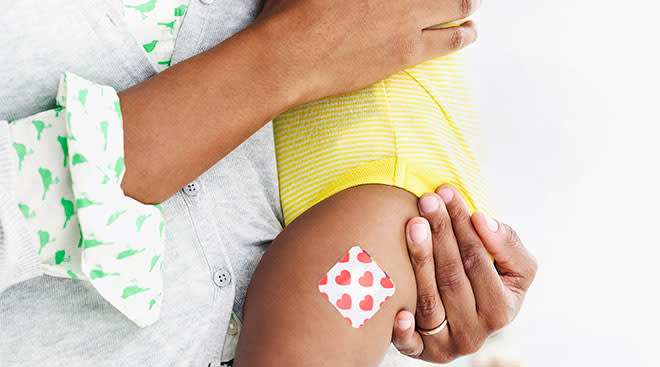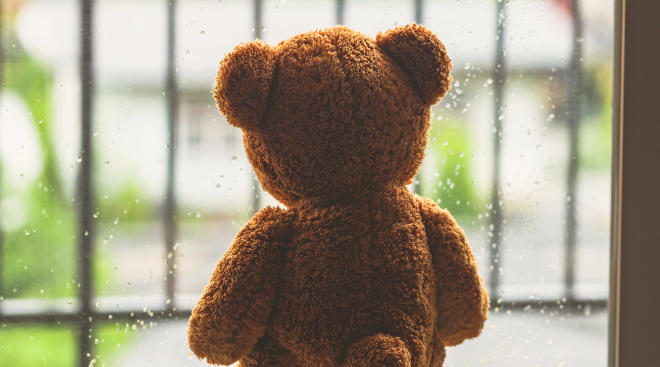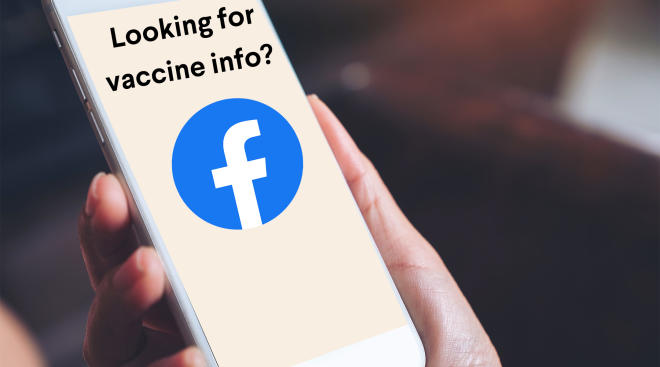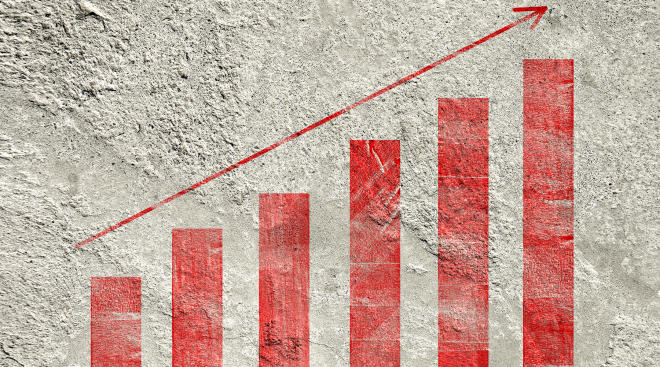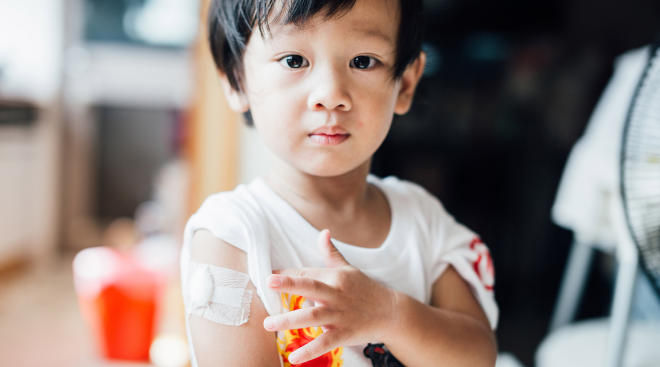RSV Shot Proves 90 Percent Effective in Preventing Hospitalizations
As respiratory syncytial virus (RSV) season wanes researchers are getting a closer look at how the new FDA-approved shot for babies fared during its first winter.
In a statement released by the Centers for Disease Control (CDC) on March 7, officials lauded the outstanding effectiveness of the nirsevimab or Beyfortus shot. The study looked at 699 infants from October 2023 through February 2024 using early data from the CDC’s New Vaccine Surveillance Network (NVSN). The results were highly encouraging, with data proving the nirsevimab shot to be 90 percent effective in preventing babies from being hospitalized with RSV during their first RSV season.
In a country where RSV is the leading cause of hospitalization for kids under 1 and around 80,000 children are sent to the hospital with a severe case each year, the effectiveness of the Beyfortus shot could mean thousands fewer children being hospitalized each year.
The effectiveness rates from the NVSN actually exceed those predicted by studies early on. Recommended by the American Academy of Pediatrics (AAP), the CDC and the Food and Drug Administration, in trials, the Beyfortus shot was only shown to reduce the risk of these hospitalizations by 75 percent.
But this increased effectiveness only makes a difference if shots are readily available to all who need them. After initially recommending that all children under 8 months recieve the shot, The CDC issued new guidelines in late October prioritizing doses for the youngest and smallest infants during the shortage. During this year’s rollout, the CDC faced struggles in ensuring the supply of the shots around the country—releasing more than an additional 300,000 doses in January.
“Pediatricians are sadly familiar with the dangers of RSV and its devastating consequences for some families,” AAP President Sandy Chung, MD, FAAP, said in the press release. “We are eager to offer all infants this protection and urge federal officials to see that it is made available and affordable in all communities.”
Want to know more about the Beyfortus shot? Here’s what you need to know about it and how it may keep your baby out of the hospital next winter.
How Does The RSV Shot for Babies Work?
Developed by AstraZeneca and Sanofi, Beyfortus is a monoclonal antibody shot. “Antibodies are part of our immune system and help us fight infections. Monoclonal antibodies are man-made proteins that mimic the antibodies that our bodies naturally produce,” the CDC explained in a press release.
“Making this immunization available means that babies will be able to receive antibodies to prevent severe RSV disease, providing a critical tool to protect against a virus that is the leading cause of hospitalization among infants in the U.S.” Only one shot is needed and can be given to children prior to or during RSV season.
Is RSV Shot for Children Safe?
The FDA has deemed the RSV shot safe and effective for children under 2 years old. Agency advisers considering the antibody shot for infants cast a unanimous vote in June in favor of approving the treatment for infants.
The FDA and Agency advisors reviewed the results from three different clinical trials in which more than 3,200 infants were given the shot. No major safety concerns were seen. No serious adverse reactions were reported, and no safety concerns have been documented. Side effects, including pain at the injection site, rash and fever were uncommon and similar to what babies that were given a placebo experienced.
What About Other RSV Shots?
Other companies outside of AstraZeneca and Sanofi are also diligently working on RSV vaccinations. In August, Pfizer’s vaccine was approved by the FDA to be given to expectant mothers before their newborn’s arrival.
In conjunction with this form of injection, a small increase in preterm births has been reported. Officials at the FDA reported that the difference was not statistically significant—meaning that the difference was not large enough to be attributed to the vaccine and could instead have been due to chance or other factors during the mother’s pregnancy. However, due to this flag, the organization upped the vaccination timeline so the shot would be given no less than 34 weeks into a pregnancy and the FDA is requiring the company to continue to conduct studies to assess the risk of preterm birth and to assess hypertensive disorders of pregnancy, including pre-eclampsia.
The CDC recommends that parents talk to their pediatricians about the new shot and the importance of preventing severe RSV. You can learn more about RSV and the other two respiratory illnesses that made up this past winter’s “tripledemic” here.
Please note: The Bump and the materials and information it contains are not intended to, and do not constitute, medical or other health advice or diagnosis and should not be used as such. You should always consult with a qualified physician or health professional about your specific circumstances.
Navigate forward to interact with the calendar and select a date. Press the question mark key to get the keyboard shortcuts for changing dates.

































